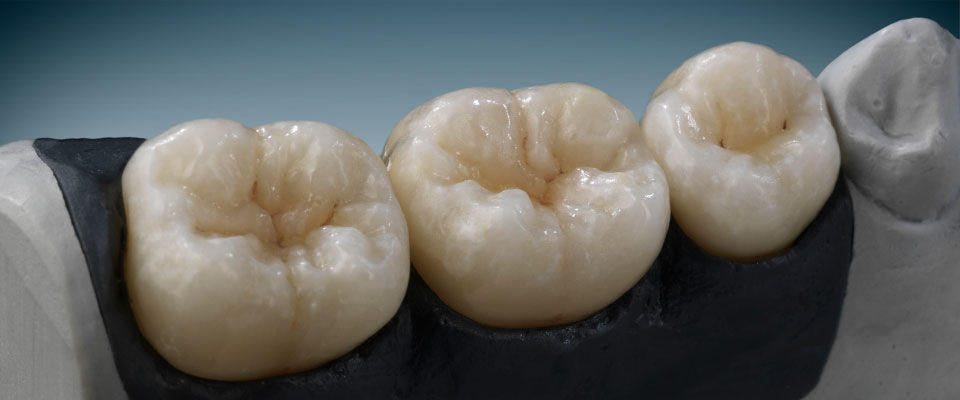Questions & Answers on Dental Zirconia
 Jul 04, 2018|
Jul 04, 2018| Q: Does zirconia ceramic degrade in strength intraorally in 5-10 years?
A: Yes, all-ceramic materials degrade in strength over time - some more than others. Zirconia ceramic has an initial flexural strength of over 1200 MPa, so even if it degrades 5-10% or more, it is still significantly stronger than other ceramics.
Q: Does it takes longer to remove a zirconia crown with a bur compared to a PFM crown?
A: Fine diamond burs can cut thru a zirconia crown just as fast as a PFM crown.
Q: Does shading or coloring zirconia ceramic reduce the strength as compared to the uncolored zircona?
A: Weakening of colored zirconia ceramic copings has not been observed.
Q: Is the fit of crowns and bridges based on zirconia copings as good as that of PFM crowns and bridges?
A: Yes, the marginal fit of crowns and bridges fabricated from zirconia copings can be as good or better than PFM crowns and bridges.
Q: Is the fit of a zirconia coping important since the zirconia ceramic is so strong?
A: The thicker the cement the weaker the all-ceramic restoration. Cements are not as rigid as zirconia ceramic, so a thicker cement layer will cause more flexural deformation of a ceramic core, increasing the potential for fracture.
Q: Does silane treatment improve the bond strength of a resin cement to a zirconia coping?
A: No, but the use of Rocatec/Cojet (3M ESPE) does. Silica particles are embedded into the surface of zirconia and then silanated. This treatment can increase the bond strength of a resin cement to a zirconia coping.
Q: Is it ok to grind on a zirconia coping without water spray?
A: Water spray is necessary when grinding on a zirconia ceramic coping. The white light or hot spot you see between a diamond and a zirconia ceramic has been measured at 1500 ºC. If the temperature of zirconia ceramic rises above 1000 ºC, a phase change can occur that will induce cracking and surface defects, lowering the strength of the coping.
Q: Is preparation design of a zirconia coping important since the zirconia ceramic is so strong?
A: Preparation design of the zirconia coping is very important. The thickness of unsupported porcelain should not exceed 2 mm. The zirconia coping should be as thick as needed to avoid unsupported porcelain.
Q: What is zirconia?
A: Zirconia is another name for zirconium dioxide (ZrO2), an oxide of the metal zirconium.




